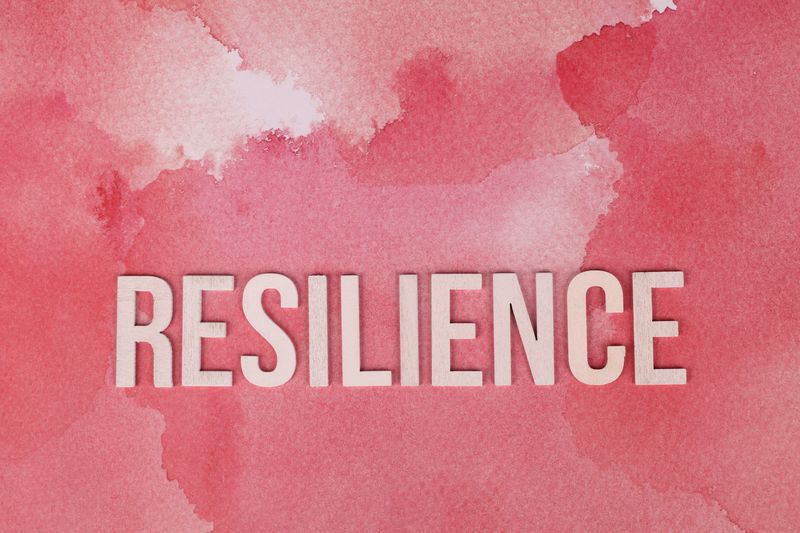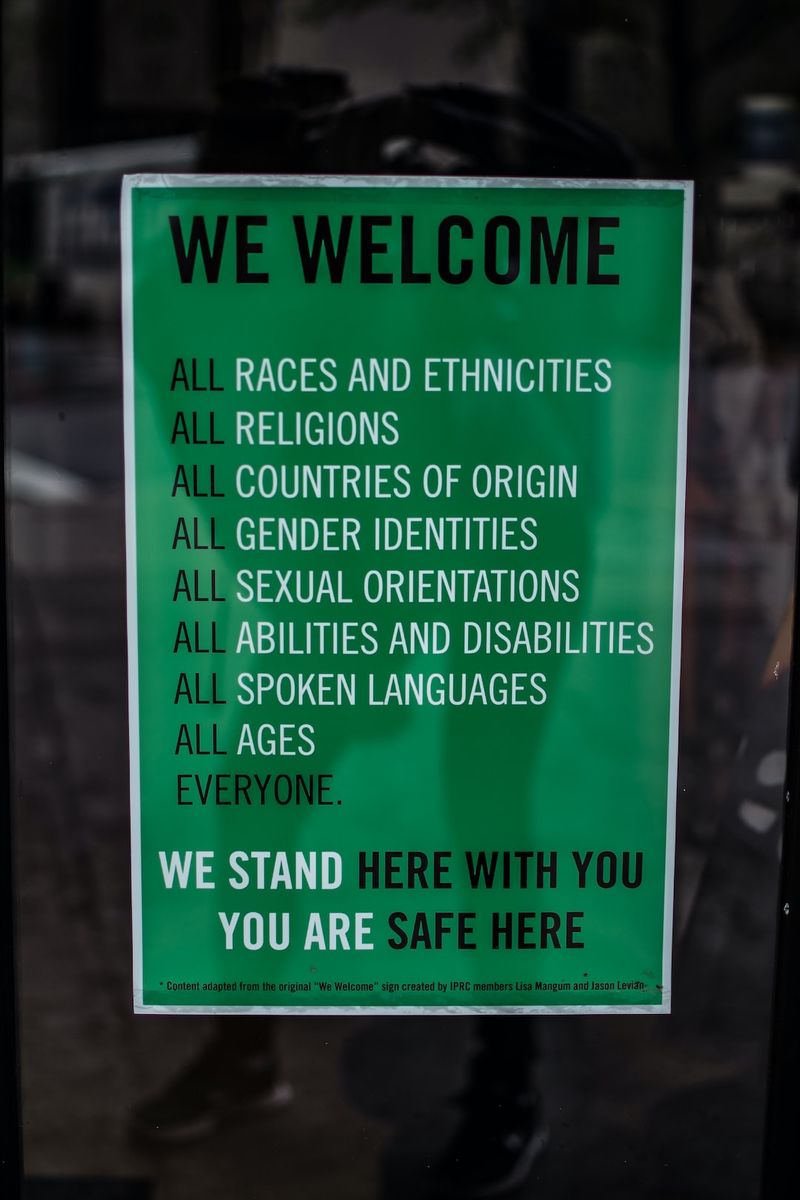Jordan Banjo forced to move home with family amid ‘scary’ abuse over BGT backlash
Background
Jordan Banjo, a former contestant on Britain’s Got Talent and member of dance group Diversity, has recently come forward to speak about the horrifying abuse he and his family endured following their performance on the show in 2020. The routine, which was inspired by the Black Lives Matter movement, attracted nearly 3,000 complaints to broadcasting watchdog Ofcom. As a result, Jordan and his family faced a barrage of harassment and intimidation, culminating in the need for them to relocate from their home in Essex. This incident highlights the persistent issues of online abuse and the impact it can have on individuals and their families.
Effects of Abuse
The abuse and harassment that Jordan Banjo and his family experienced are indicative of the darker side of social media and how it can be used as a platform for hatred. It is disheartening to see that a powerful and thought-provoking performance aimed at addressing systemic racism and inequality can attract such hostility. This incident also raises questions about the limits of free speech and the responsibility of media regulators to protect performers from abuse.
The psychological impact of online abuse cannot be understated. The constant barrage of threats, hate messages, and intimidation takes a toll on individuals and their families, leading them to constantly live in fear and anxiety. It is distressing to hear Jordan recount instances of having cement thrown at his car and people attempting to enter his property. Such incidents not only infringe upon the personal safety and well-being of the victims but also repress their freedom of expression and artistic exploration.
The Need for Resilience and Support
In the face of online abuse, it is vital for individuals and their families to develop resilience and seek support. Jordan Banjo’s decision to relocate with his wife and children can be seen as a protective measure to ensure their safety and well-being. However, it is unfortunate that they had to resort to such extreme measures due to the actions of a few individuals who disagreed with their performance.
While it is important to condemn and take legal action against those responsible for the abuse, it is equally crucial to promote a culture of empathy, understanding, and inclusivity online. Social media platforms and regulators should prioritize the implementation of stricter guidelines and policies to deter and punish online abuse. Additionally, there needs to be provision for psychological support and counseling services for those affected by online abuse, as the emotional scars of such incidents can persist long after the harassment ceases.
The Role of Media and Society
This incident also prompts a broader reflection on the role of media and society in addressing and combating systemic racism and discrimination. Diversity’s performance on Britain’s Got Talent was a powerful statement against racial injustice, aimed at raising awareness and initiating conversations. However, the backlash they faced reveals the underlying resistance to change and the discomfort some individuals feel when confronted with the reality of systemic inequities.
As a society, we must recognize the importance of fostering an environment where artists and performers can express themselves freely without fear of retribution. It is crucial to encourage dialogue, education, and understanding around social issues such as racism, rather than resorting to hate and abuse. Only through open and empathetic conversations can we hope to challenge existing prejudices and work towards a more inclusive and equitable society.
Editorial: A Call for Change
The abuse faced by Jordan Banjo and his family should serve as a wake-up call for society as a whole. It is a reminder that we have a long way to go in creating a safe and respectful online environment. As individuals, we must reflect upon our own behavior and ensure that we contribute positively to the online discourse. We should actively challenge hateful comments and report instances of abuse, thereby sending a clear message that such behavior will not be tolerated.
Furthermore, media organizations and social media platforms must take more responsibility for protecting performers and users from online abuse. Stricter regulations, improved reporting mechanisms, and proactive moderation can help create a safer digital space. It is crucial for media regulators to understand the potential consequences of allowing harassment and hate speech to flourish unchecked.
Ultimately, the onus lies on society as a whole to create an environment that values inclusivity, empathy, and respect. By standing up against online abuse and supporting those who have been targeted, we can work towards dismantling the culture of hate that continues to plague our digital world.
Advice: Navigating Online Abuse
For individuals who find themselves facing online abuse, it is important to prioritize their well-being and take necessary steps to protect themselves and their loved ones. Here are some recommendations for navigating online abuse:
1. Lean on support systems:
Reach out to friends, family, or professionals for emotional support during challenging times. Having a strong support system can help alleviate the psychological impact of abuse.
2. Document and report the abuse:
Keep a record of abusive messages or interactions and report them to the relevant social media platforms or authorities. This will help in building a case against the perpetrators and potentially lead to their identification and prosecution.
3. Limit online exposure:
Taking breaks from social media or reducing online presence can be helpful in minimizing exposure to abusive comments. Prioritize self-care and focus on activities that bring joy and positivity.
4. Seek legal advice:
In severe cases, it may be necessary to involve law enforcement or seek legal advice. Consult with professionals who specialize in online harassment cases to understand your rights and available legal options.
5. Educate and engage:
Use your experiences to raise awareness about the impact of online abuse and advocate for change. Engage in conversations surrounding online safety and the need for stricter regulations to prevent further instances of abuse.
Ultimately, it is important to remember that online abuse is not a reflection of your worth or the validity of your opinions. Together, we can work towards creating a safer and more inclusive online environment that encourages dialogue and celebrates diverse perspectives.

<< photo by Ann H >>
The image is for illustrative purposes only and does not depict the actual situation.
You might want to read !
- The Rise of Portuguese Talent: Al-Ittihad Secures £25m Deal for Celtic’s Jota
- Burnley Secures £15m Deal to Acquire Man City’s Trafford
- Ideal World: A Pause in Broadcasts and the Evolution of Teleshopping
- The Unsolved P.S.G. Attack: Shattering World Cup Dreams of Two Women
- “Examining the Implications: Jury Selection Begins for Kevin Spacey Sex Assault Trial in London”
- “Unmasking the London Mayoral Candidate: Daisy Goodwin’s Accusations of Groping”
- The Roadblocks Faced by Diversity: Jordan Banjo’s Forced Relocation
- “The Reality of Heartbreak: Exploring the Untangling of ‘Real Housewives’ Star Kyle Richards and Mauricio Umansky”
- “Unveiling Coco Gauff: The Rise of a Tennis Phenom”
- A Gentle Dissolution: Exploring the Ethics and Science of Water Cremation
- Aiming for a Paradigm Shift: Thompson Twins Envision Historic NBA Draft Triumph
- Witnessing History: Exploring Jon Snow, McEnroe, Football Icons, and Wham!
- “Unpacking the Accusations: Bridget Phillipson Defends Jess Phillips Against Racism Claims”
- Twitter Outage: Elon Musk’s New Post Sparks Global Network Crash
- A Legendary Collaboration: Speculations Rise on Paul McCartney’s Surprise Appearance with Elton John at…
- Prince Harry and Piers Morgan engage in public feud over mental health: A commentary.




